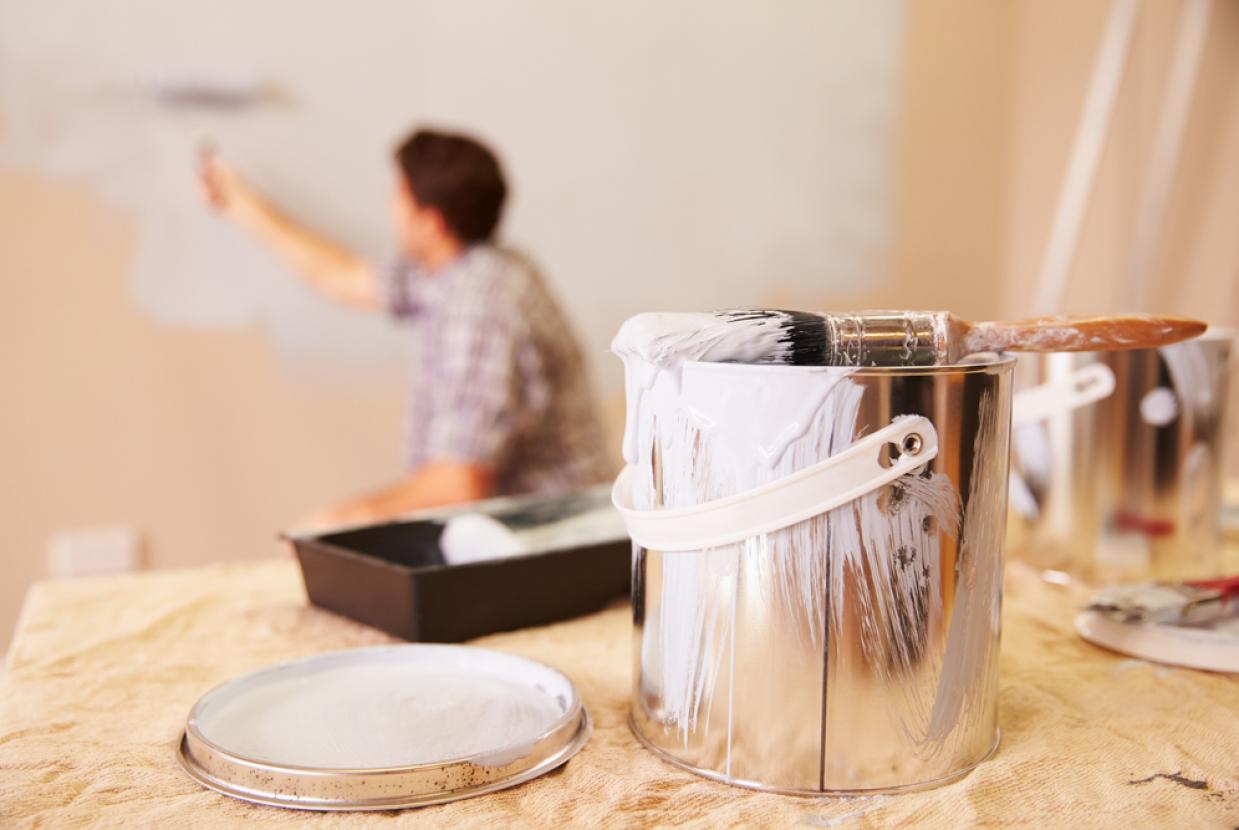Home Maintenance & Repairs
Getting hold of a plumber, electrician, roofer or other tradesman never seems to be easy. Read about how to find a trades person as well as helpful advice on what to do and what not to do if you're thinking about getting work done to your house.
What the law says
When a tradesman agrees to do work at your request, you have both entered into a contract. Contracts can be either written or spoken so you don't have to sign anything to enter into a legal agreement. The contract protects both you and the tradesman.
When a tradesman fixes or maintains something in your home, they are providing you with a service. They must do it with reasonable skill and care. Also, if no price or date for completing the work was agreed beforehand, they must only charge you what is reasonable and finish the job within a reasonable time. Any materials they use must be of satisfactory quality, fit for any stated purpose and as described.
Getting a quotation
If you are getting a big job done, try to get quotations from at least three tradesmen before choosing one. Remember to ask beforehand whether there is a charge for giving a quotation.
The quotation and the contract should be written and should show exactly what is to be done, with the cost of materials, labour and VAT shown separately. It should also state the payment arrangements and start/finish dates. Don't always just accept the lowest. Quality and reliability are important too. Consider asking to see other work which has been completed by the firm you are thinking about using.
Paying a deposit
Try to avoid paying deposits, particularly large deposits, and don't ever pay the whole amount up front. There is a risk that the trader could disappear with your money and you will have less leverage when it comes to getting the work finished and quality.
Trade associations
Many trades have trade associations. The services offered to consumers by these trade associations vary. Many can help you find an approved contractor and others can help you if you have a disagreement with a tradesman who is a member.
You can find out more about these trade associations by visiting their websites, emailing or making a telephone call.
- Confederation of roofing contractors
- Contractors' Insurance Guarantee Service
- Electrical Contractors Association
- Federation of Master Builders
- Glass and Glazing Federation
- Scottish and Northern Ireland Plumbing Employers' Federation
Emergency repairs
For smaller or urgent jobs like a burst pipe or leaking roof, you may not have the time to shop around and get quotations. Always ask about 'call out charges'.
Before you let anyone start, make sure they know exactly what it is you are asking them to do and get them to give you an estimate of how much the job is likely to cost. If you want the job done quickly, you should also agree a date for the works to be finished by.
Paying for additional, late or unsatisfactory work
Remember, whether your contract with your tradesman is based on a quotation or estimate, you do not have to pay for work that you did not ask to be done.
Sometimes unexpected extra work may be needed but the additional costs should be agreed in writing before the extra work starts. You will have to pay any quotation price, but if you only got an estimate you do not necessarily have to pay the full bill if it is a lot more than was estimated. You only have to pay what is reasonable. Ask others what they would have charged for the work done. If it is less, then tell your tradesman and only pay that amount.
You could also decide to pay less if you suffer loss or inconvenience because the job was not finished by the agreed time, or if no time had been agreed and the job was not finished within a reasonable time. Be fair about the finished work. If everything contracted for has been completed satisfactorily, pay quickly. Ask for a signed receipt for every payment you make and keep all paperwork.
Avoid signing off on work completed
Try to avoid signing anything that says you are completely satisfied with the work done. You may, for example, have to wait for a good downpour before you know whether your leaking roof has been fixed properly. If you've signed a satisfaction note, it may make it more difficult for you to claim later.
You've got six years from the date of any break of contract in which to take court action against the tradesman but your rights decrease as time passes and proving your case becomes more difficult.
What to do if you have a complaint
Try to sort it out first with the tradesman or with the manager or owner of any company he works for. If that doesn't work, check whether he's a member of a trade association and, if so, ask them to help. You can also contact Consumerline for advice or to register a complaint.
Arbitration
Arbitration is where an outsider is asked to look into a dispute and to decide who is right. If you want to use arbitration, remember that it may cost and the company has to agree to it as well. Remember also that the arbitrator’s decision will be binding on both of you. You cannot afterwards take the company to court if you don't like the arbitrator's decision.
Court action
You may have to think about court action if you haven't been able to sort out your complaint and haven't used a trade association, or any other arbitration scheme.
If the amount involved is not more than £3,000, you can take your case yourself to the Small Claims Court. Talk to Consumerline or Advice NI about this before you ask your local court for an application form. For larger amounts, you should talk to a solicitor.





















